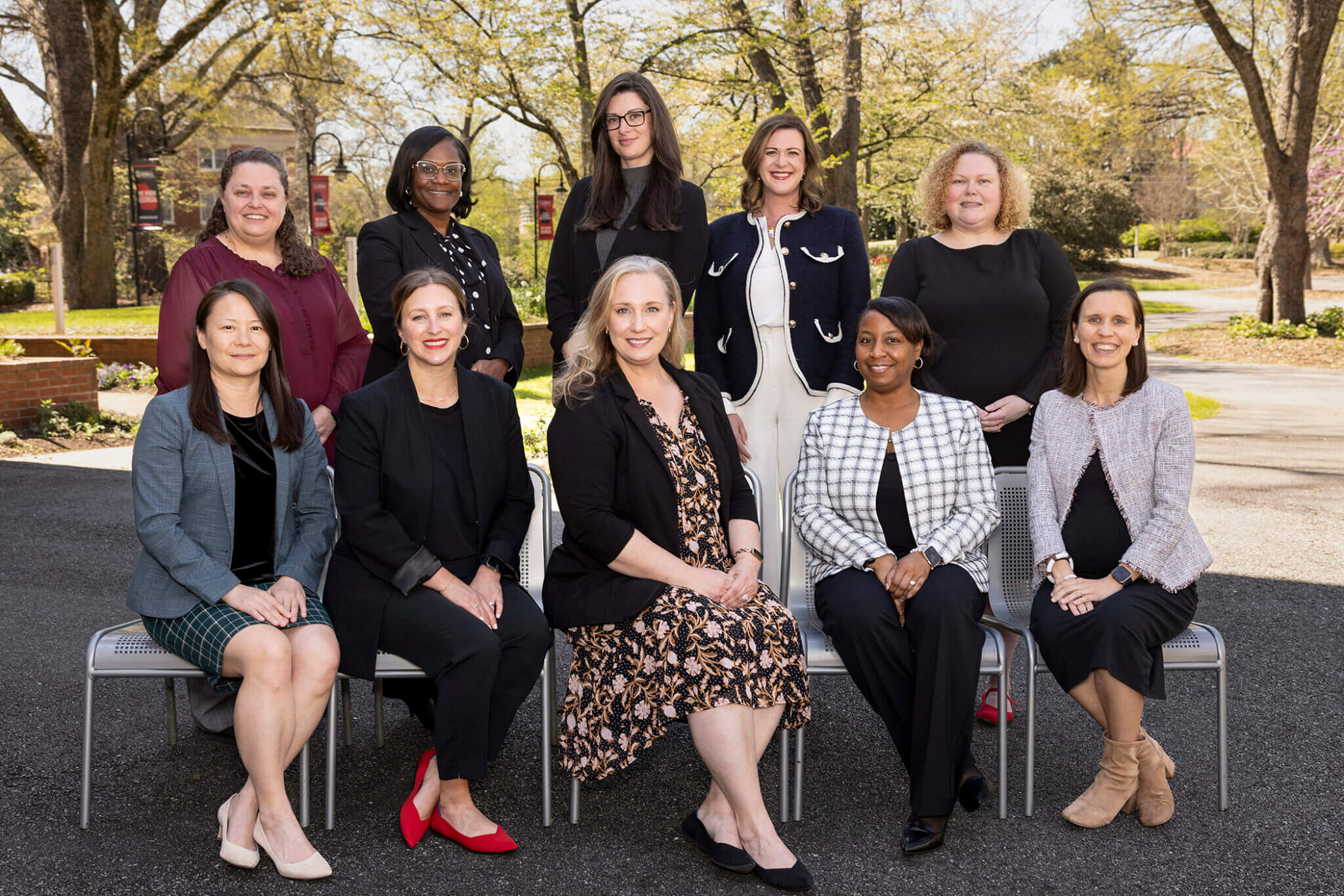You can go through your entire life convinced you don't have the time, knowledge or money to invest. But you'd be wrong.
Robert Brannen, a Gwinnett County agent with the University of Georgia Extension Service, won't accept excuses.
An economist by training, Brannen believes in some simple, do-in- yourself investing. He's not a financial advisor and doesn't claim to have all the answers. But he does have a little advice for the reluctant savers.
"There are two ways to make money," Brannen said, "by people doing work or the money doing the work. Many people have second jobs and others have wondered if they should get one. I consider investing as my second job."
The numbers are convincing enough. If you start putting aside around $220 a month at age 35, with just a 10 percent return, you'll have more than $500,000 by the time you're 65. If you wait until age 50 to start investing, the monthly savings you'll need to accumulate the same amount at 65 leaps to $1,100.
Brannen's message: don't wait.
Even a small investment each month becomes substantial with time and compounding -- what Brannen calls the eighth wonder of the world. With compounding, you earn money on the interest you earned.
"It's the Rule of 72," Brannen said. "If you invest $1 at 1 percent compound interest, in 72 years you'll have $2. So 72 divided by the interest rate equals the number of years you'll double your money. The stock market has never dipped under 10.5 percent average gain in any 10-year period. So it's not unreasonable to expect to double your investment."
Brannen's chosen form of investing is mutual funds. Mutual funds invest your money in sometimes hundreds of companies or bonds or securities. They lower the risk of investing in one stock or security. You delegate tough investment decisions to the fund's professional money managers.
"In the world of investing, mutual funds are the foundation," Brannen said. "They have full-time money managers. You pick your level of risk, and your investments are diversified.
"It's easy to invest in mutual funds, too," he said. "With 7,000 funds to choose from, you'll find one that's right for you with just a little research."
Brannen checks financial magazines that compare funds. He checks the company's history of returns, how long the manager has been on the job, minimum investment, any charges and their investment objectives. If a fund sounds good, he calls for a prospectus and studies it for more details.
Still not convinced? If you average making around $33,000 a year over your entire career, it would add up to more than $1 million in 30 years.
"What are you doing with that money?" he said. "Put some of it to work for you."






